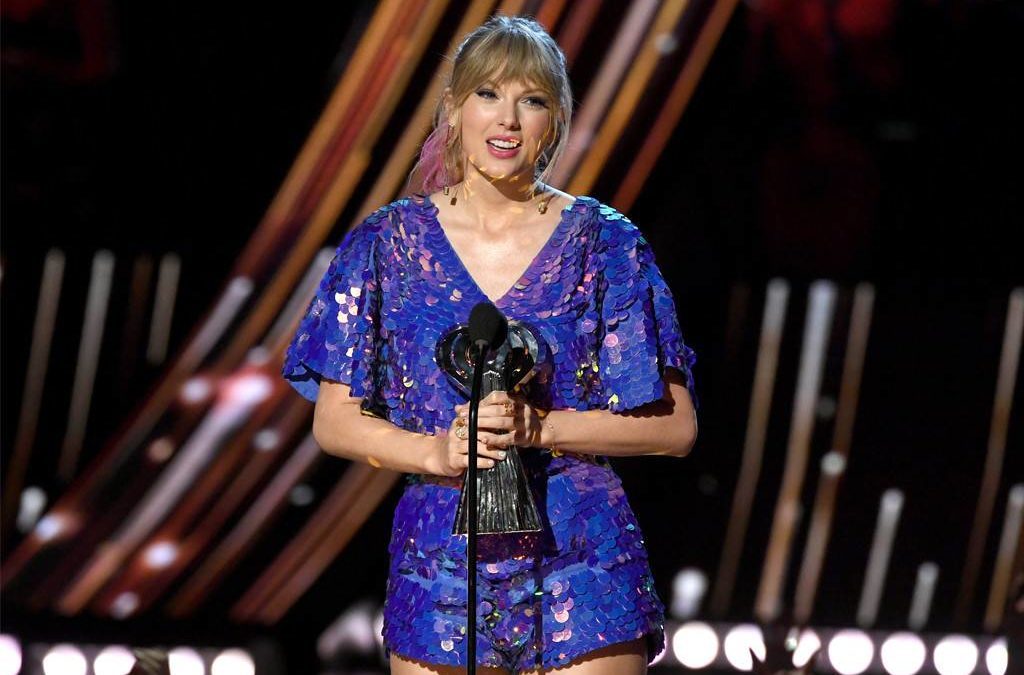Recent news of Taylor Swift’s battle with Big Machine Record Label has pushed copyright and licensing law into pop culture. Big Machine ultimately relented, releasing statements disputing Swift’s claim that they were preventing her from performing her old hits live at the AMA’s last weekend. Big Machine, with Scooter Braun at its helm, released a statement in response to Swift’s social media postings last week in which it stated, “At no point did we say Taylor could not perform on the AMAs…In fact, we do not have the right to keep her from performing live anywhere.”
This is a good example of just one of the rights an artist finds under current licensing and copyright agreements with record labels. As the legal author, Swift is entitled to be labelled as the “songwriter” on any release of a song she wrote. Regarding live performances, Scooter Braun even admits that norms governing performer/record label deals protect the artists’ right to perform live. He stated, “recording artists do not need label approval for live performances on television or any other live media. Record label approval is only needed for contracted artists’ audio and visual recordings and in determining how those works are distributed. Following a successful performance, and with public opinion generally in Swift’s favor, it will be fascinating to see how Big Machine Label and Taylor Swift settle their dispute!
Swift is not the first pop music icon to feud publically with her record Label. The “King of Pop” himself, Prince, briefly changed his name to an unpronounceable symbol. A seemingly bizarre move, it has since come to be seen as a tactic with which to irritate and deprive his record label. Impossible to replicate, cumbersome and confusing, “The Artist Formerly Known as Prince” became virtually the only way to intelligibly identify the artist. While it likely wouldn’t hold up in court – Prince’s name change suggests that music made after his name was changed was not really by Prince at all – and therefore not covered by Prince’s record deal. Ultimately, Prince took back his original name just a few short years after the name change. Interestingly, he changed it back to Prince immediately after he was released from his contract with Warner Bros.

